We are drawn toward a thing because we believe it is good. We end by being chained to it because it has become necessary.
Certainly the image of being caught in chains or wire is a common image, but for me, the most vivid comes from Legends of the Fall, definitely the most vivid because of the conscious decisions of the writer and director, who juxtapose two such images in the film. The first comes during the First World War: a brother struggles to free another brother, tangled in barbed wire and blinded by mustard gas, as German troops prepare to fire on the helpless young man. The second appears later in the film, as the surviving brother tries to free a calf from a barbed wire fence on his father’s ranch, thus triggering the painful war memories. In both cases, the greater the struggle, the tighter the barbed wire held. It’s probably why sin — or its modern, secularized equivalent, addiction — is so often pictured as a chain.
But the more telling part of Weil’s thoughts here is the phrase “because we believe it is good.” I don’t know where I read it, but a couple of years ago, one of those deliberately incomplete statements meant to be somewhat initially provocative: no one ever commits evil. The knee-jerk reaction is simple: “But of course they do! Just look around the world!” What’s left out in this initial formulation is simple idea that every act we commit we justify until we think everything we do, in some way or another, is good. Even the sadist, who commits awful atrocities against others, somehow thinks his actions are good — at least good for him. Even when we say to ourselves, “I know this is wrong, but I’m going to do it anyway,” we’re adding elliptically, “But in this case, it’s good, not evil.” And thus we are drawn to all sorts of evils because we believe all our acts to be good. Soon, this so-called good becomes necessary, just like nicotine or caffeine.
That’s what I love about Lent. It forces me to look at those things in my life that I have come to regard as necessary and try to loosen the chains a little by simply abandoning them. Lent encourages me to hit a cosmic reset button on myself — inasmuch as that is possible, or even exists, without supernatural aid.
 It might be an odd choice for Lenten writing: a book by a Jewish thinker, a woman who spent a significant amount of her life under the banner of “radical leftist.” Yet in later life, Simone Weil came as close to converting to Catholicism as one can without actually crossing the line.
It might be an odd choice for Lenten writing: a book by a Jewish thinker, a woman who spent a significant amount of her life under the banner of “radical leftist.” Yet in later life, Simone Weil came as close to converting to Catholicism as one can without actually crossing the line. It’s not something one expects to read: “Pope to step down.” “Pope resigns.” Since it hasn’t happened in centuries, I guess it’s inevitably big news. “Pope prepares for a monk’s life” reads one headline, only partially satisfying speculation about what a retired pope might do with his time.
It’s not something one expects to read: “Pope to step down.” “Pope resigns.” Since it hasn’t happened in centuries, I guess it’s inevitably big news. “Pope prepares for a monk’s life” reads one headline, only partially satisfying speculation about what a retired pope might do with his time.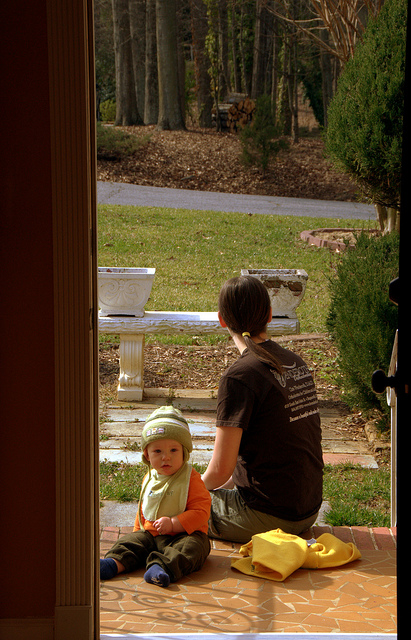



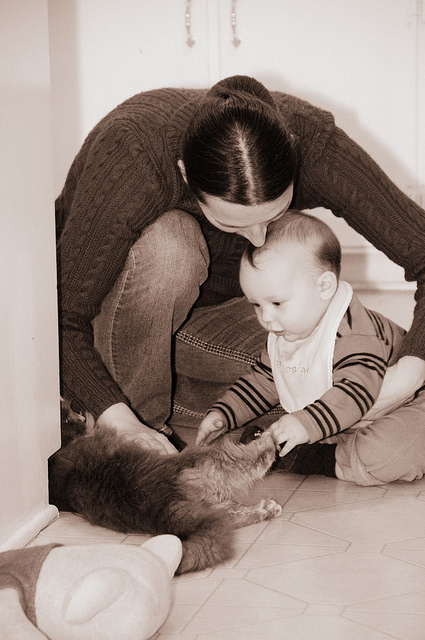

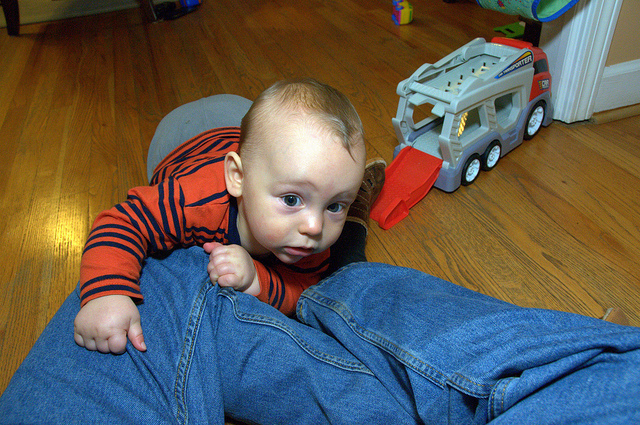
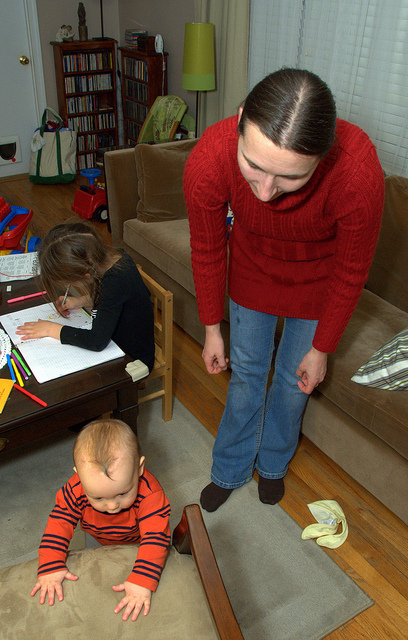
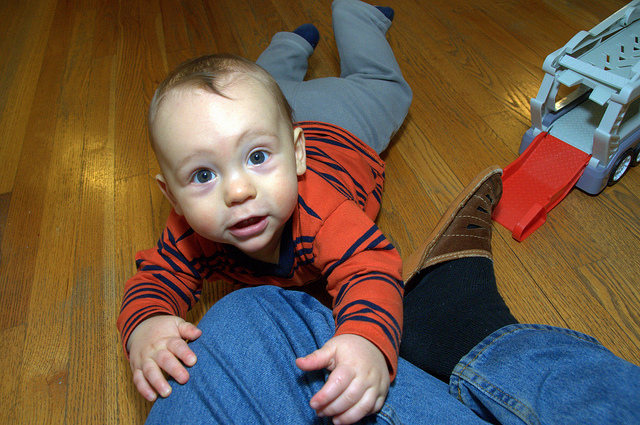
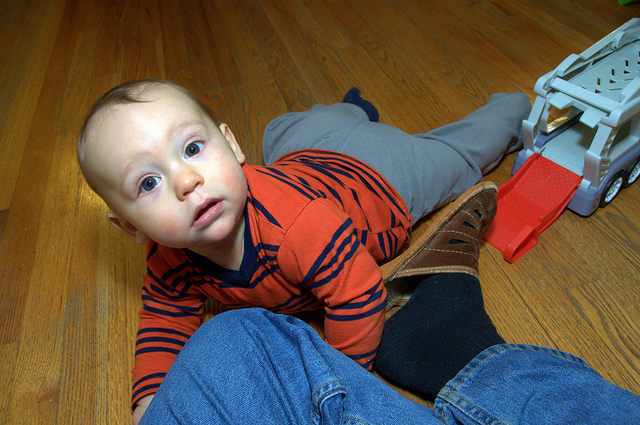
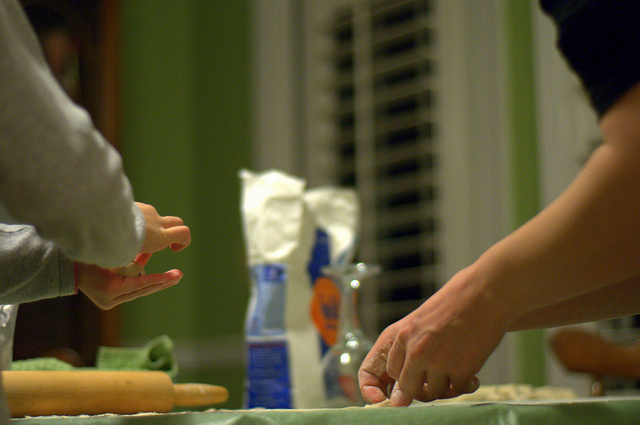

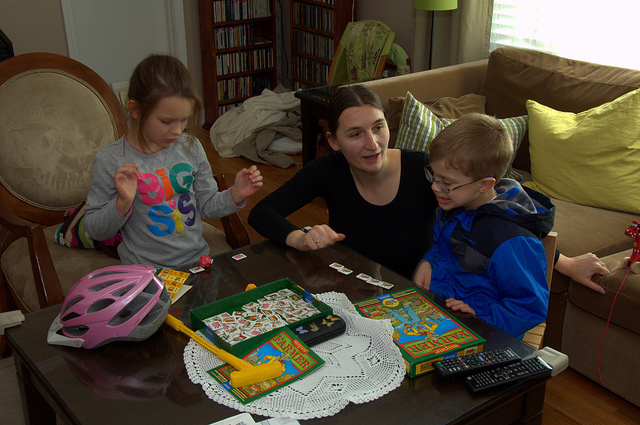
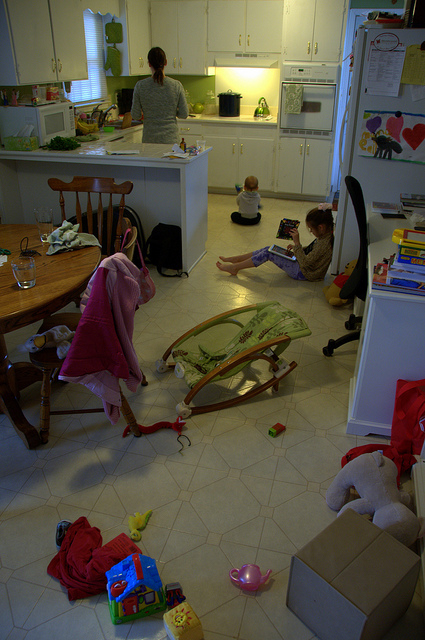
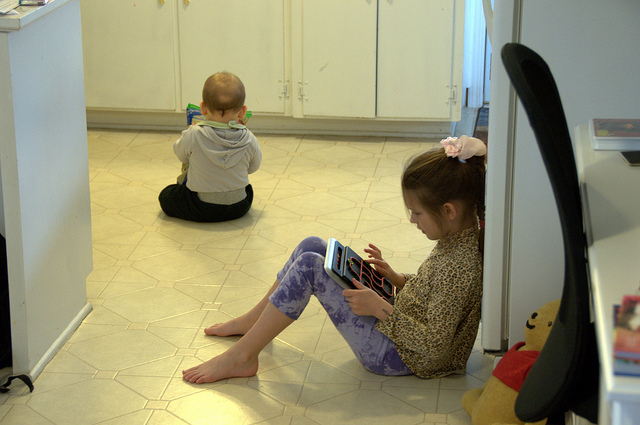


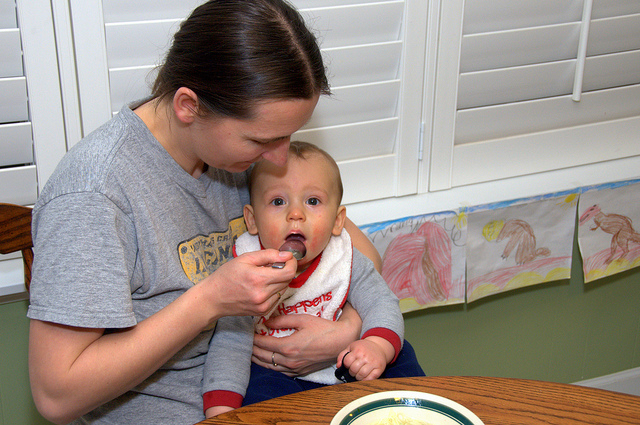
 He sits on my lap, Friday night and he’s tired. His head resting on my chest, he slowly opens his mouth as the spoon approaches. The pureed fruit in his mouth, he mushes it against his gums, swallows, and looks up at me. His glassy eyes stare off into the distance, and a balled fist slowly comes up, rubs an eye to the accompaniment of a little fuss. I feed him the entire jar of fruit, and it’s clear that he won’t last much beyond the last bite. Within a few minutes, we’re upstairs, his head on my shoulder as I pace about the darkened room. Moments later, he’s asleep.
He sits on my lap, Friday night and he’s tired. His head resting on my chest, he slowly opens his mouth as the spoon approaches. The pureed fruit in his mouth, he mushes it against his gums, swallows, and looks up at me. His glassy eyes stare off into the distance, and a balled fist slowly comes up, rubs an eye to the accompaniment of a little fuss. I feed him the entire jar of fruit, and it’s clear that he won’t last much beyond the last bite. Within a few minutes, we’re upstairs, his head on my shoulder as I pace about the darkened room. Moments later, he’s asleep.